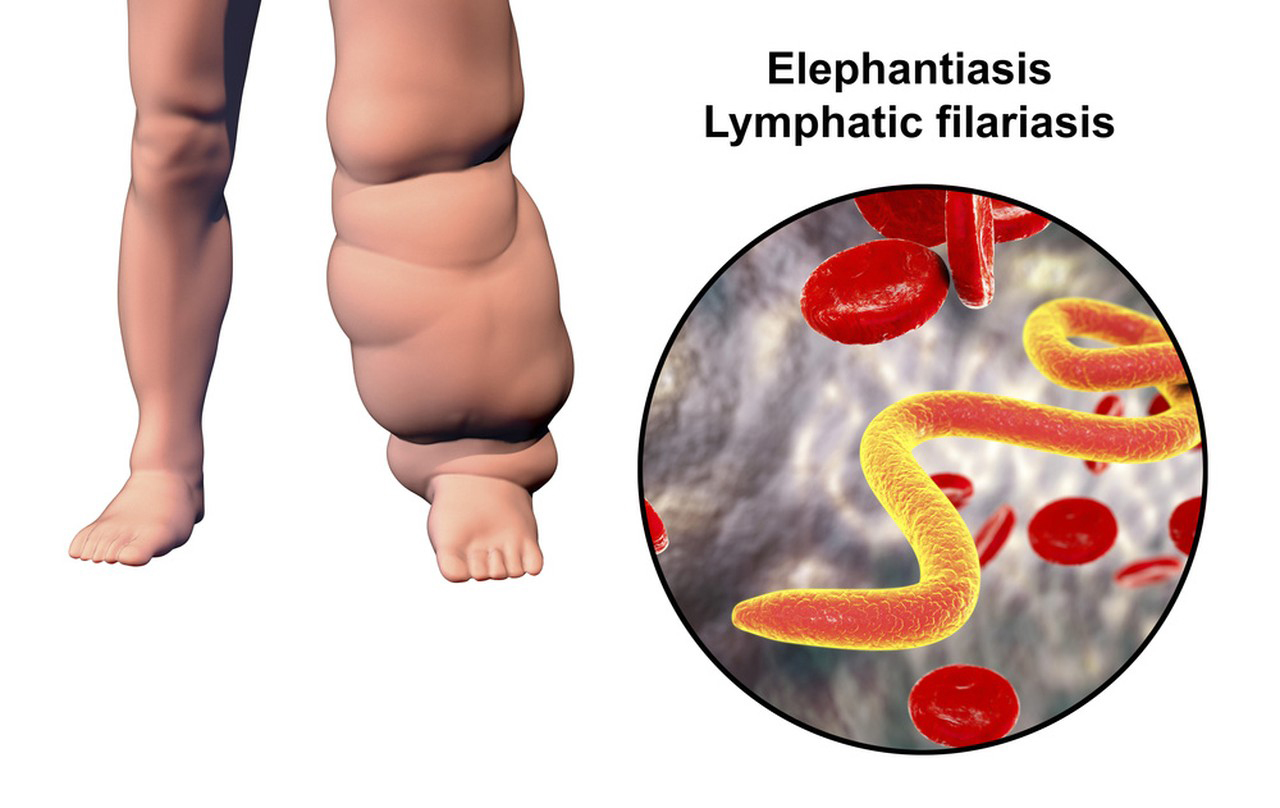Ivermectin is a medication that has been used for decades to treat various parasitic infections in humans and animals. In recent times, it has gained attention as a potential treatment for COVID-19, although its effectiveness for this purpose is still a subject of debate and ongoing research. Here are some of the perceived pros and cons of using Ivermectin:
Pros of Ivermectin:
- Proven Use Against Parasitic Infections: Ivermectin has a well-established track record for effectively treating a range of parasitic infections, including river blindness, scabies, and certain types of worm infections. It is considered safe and effective for these applications.
- Cost-Effective: Ivermectin is relatively inexpensive to produce, which makes it accessible to a wide range of people in both developed and developing countries.
- Potential Antiviral Activity: Some laboratory studies and early clinical trials have suggested that Ivermectin might have antiviral effects, including against certain viruses, such as the SARS-CoV-2 virus responsible for COVID-19. However, the clinical significance of these findings is still uncertain and requires further research.
- Availability: Ivermectin is widely available in many parts of the world, which could facilitate its rapid deployment if it is found to be effective against specific diseases.

Cons of Ivermectin:
- Limited Clinical Evidence: While some studies have suggested potential benefits of Ivermectin for COVID-19 treatment, the overall clinical evidence is limited, and the quality of some studies has been questioned. Reliable, large-scale randomized controlled trials are lacking, and existing studies have shown mixed results.
- Dosing and Safety Concerns: The dosages used for parasitic infections may not be appropriate or safe for other uses, such as COVID-19 treatment. High doses of Ivermectin can lead to adverse effects, including neurological symptoms. Determining the correct dose for specific conditions is a critical concern.
- FDA and Health Organization Warnings: Health organizations such as the World Health Organization (WHO) and the U.S. Food and Drug Administration (FDA) have issued warnings against the use of Ivermectin for COVID-19 outside of controlled clinical trials. They emphasize the need for more rigorous research before endorsing its widespread use for this purpose.
- Misinformation and Self-Medication: The availability of information on the internet has led to widespread misinformation and self-medication practices. People might be tempted to use Ivermectin without proper medical guidance, leading to potential misuse and adverse effects.
- Diversion from Established Treatments: Relying on Ivermectin as a potential treatment could divert attention and resources away from other more established and evidence-based treatments for COVID-19.
In conclusion, while Ivermectin has shown promise in some studies, especially in vitro, its effectiveness and safety for treating COVID-19 and other viral infections remain uncertain. It’s important to approach Ivermectin with caution, prioritize evidence-based treatments, and consult with qualified medical professionals before considering its use. Ongoing research is needed to determine its true potential and appropriate applications.
